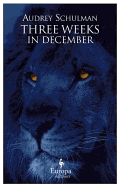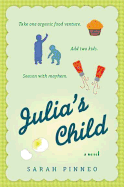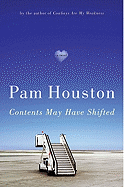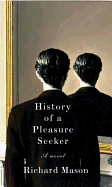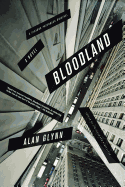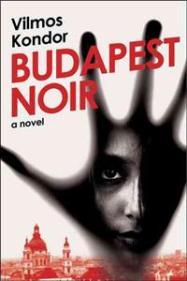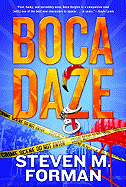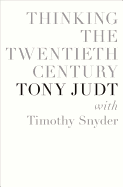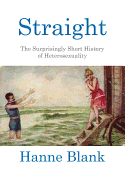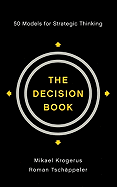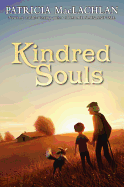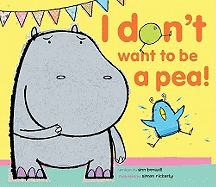Happy Birthday, Mr. Dickens
Today is the 200th birthday of Charles Dickens.
I've been celebrating since December by reading Dombey & Son. It was one of his novels I'd somehow missed. I gave myself a present on Mr. Dickens's behalf. I don't think he'd mind; it's probably the kind of gift he would have wanted most.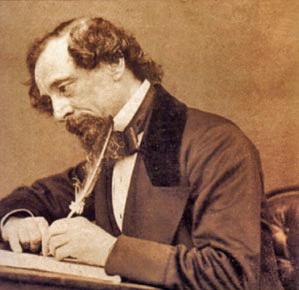 "That young man was generally required to read out of some book to the Captain, for one hour every evening; and as the Captain implicitly believed that all books were true, he accumulated, by this means, many remarkable facts," Dickens wrote in Dombey.
"That young man was generally required to read out of some book to the Captain, for one hour every evening; and as the Captain implicitly believed that all books were true, he accumulated, by this means, many remarkable facts," Dickens wrote in Dombey.
We have, indeed, been awash in "remarkable facts" about Mr. Dickens during the months leading up to this special day. One of my favorite sources is the Guardian, which launched its "Charles Dickens at 200" Web page months ago. Vintage offers updates on an entertaining Facebook page. I've also loved the myriad book recommendations available, like this one we featured here recently. High on my current must-read list is Claire Tomalin's biography Charles Dickens: A Life.
Today, the British Council's 24-hour Global Dickens Read-a-thon is taking place in 24 countries, beginning with Australia. You can follow updates on Twitter (@BritishCouncil). Dickens 2012 highlights numerous exhibitions, film festivals and other events occurring worldwide during the bicentennial.
The prelude to this holiday has been Dickensian in scope, as, no doubt, will be the ongoing festivities. And yet, I think the best way to honor Mr. Dickens is the simplest: read, or reread, just one of his books this year.
That was my original plan when I started Dombey & Son two months ago, finishing it last week. But guess what? Now, quite unexpectedly, I'm rereading Our Mutual Friend. So I wish you a very Happy Birthday, Mr. Dickens, and many happy rereads. --Robert Gray, contributing editor, Shelf Awareness



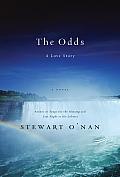 "Niagara Falls, decked out for the holiday weekend, is as much a character in this story as the troubled honeymooners. O'Nan evokes the surge of romantic impulses it inspires, its natural beauty wedded to kitschy attractions," Harvey Freedenberg wrote in his review of
"Niagara Falls, decked out for the holiday weekend, is as much a character in this story as the troubled honeymooners. O'Nan evokes the surge of romantic impulses it inspires, its natural beauty wedded to kitschy attractions," Harvey Freedenberg wrote in his review of 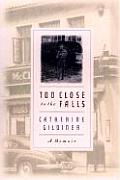 Catherine Gildiner's mother admonished her not to go Too Close to the Falls when she went sledding in her home town of Lewiston, N.Y., on the Niagara River. Her memoir of her childhood in a small town in the 1950s is hilarious and poignant, and the Falls is a metaphor for the dangers of coming of age as well as a striking feature of an otherwise nondescript town.
Catherine Gildiner's mother admonished her not to go Too Close to the Falls when she went sledding in her home town of Lewiston, N.Y., on the Niagara River. Her memoir of her childhood in a small town in the 1950s is hilarious and poignant, and the Falls is a metaphor for the dangers of coming of age as well as a striking feature of an otherwise nondescript town.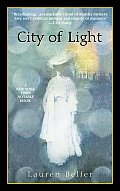 In City of Light, Lauren Belfer writes about the Falls of 1901, as industrialists, conservationists and politicians wage battle over harnessing its power. Narrated by a headmistress whose personal conflicts are amply dramatic, City of Light also offers mystery, political intrigue and historic characters, as Buffalo prepares for the Pan American Exposition and hydroelectric power changes the mighty Falls and the world forever.
In City of Light, Lauren Belfer writes about the Falls of 1901, as industrialists, conservationists and politicians wage battle over harnessing its power. Narrated by a headmistress whose personal conflicts are amply dramatic, City of Light also offers mystery, political intrigue and historic characters, as Buffalo prepares for the Pan American Exposition and hydroelectric power changes the mighty Falls and the world forever.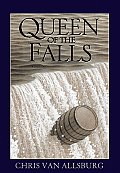 Also in 1901, a 62-year-old, financially desperate schoolteacher survived a trip over the falls in a barrel; the inimitable Chris Van Allsburg wrote and illustrated her story, Queen of the Falls. This accurate telling of Annie Edson Taylor's life is, like all the works by the creator of Jumanji and Polar Express, a delight for children and grown-ups both. --
Also in 1901, a 62-year-old, financially desperate schoolteacher survived a trip over the falls in a barrel; the inimitable Chris Van Allsburg wrote and illustrated her story, Queen of the Falls. This accurate telling of Annie Edson Taylor's life is, like all the works by the creator of Jumanji and Polar Express, a delight for children and grown-ups both. --